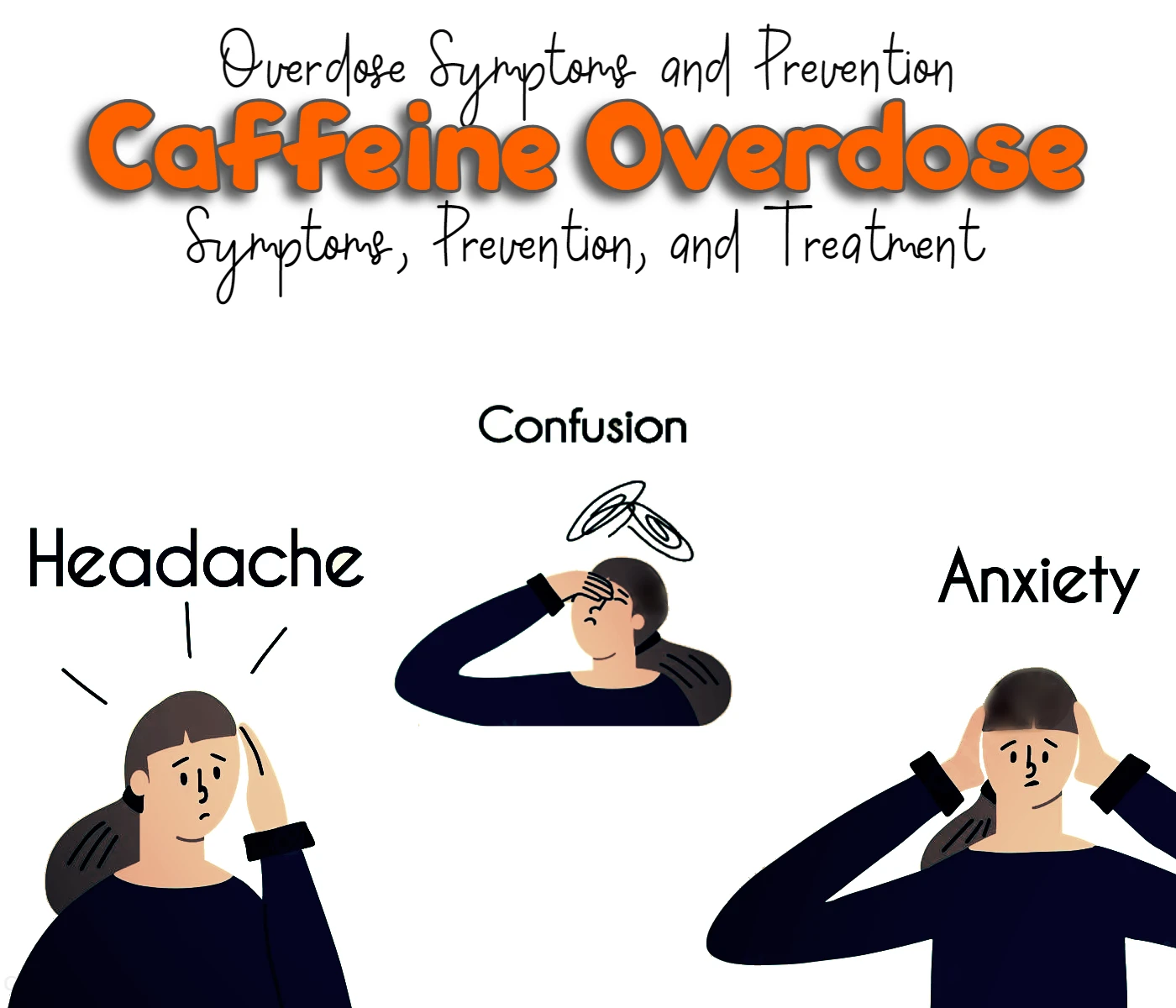Is Coffee Good for Nausea?

Hey there, coffee lovers! Are you someone who enjoys a cup of joe every morning? Or maybe you’re someone who turns to coffee as a pick-me-up during the day. But have you ever wondered if coffee can actually help with nausea? It’s a common question, and the answer might surprise you. While coffee can have some potential benefits for nausea, it’s not always a guaranteed solution. If you want to learn more about the relationship between coffee and nausea, and whether it’s a good idea to use coffee as a remedy, then keep reading!
First of all, let’s clarify what we mean by “nausea.” Nausea is a sensation of unease and discomfort in the stomach, often accompanied by an urge to vomit. It can be caused by a variety of factors, such as motion sickness, pregnancy, anxiety, food poisoning, medication side effects, and many others. Nausea is not a disease itself, but rather a symptom of an underlying condition.
Now, when it comes to coffee, it’s true that many people find it helpful for certain types of nausea, while others may find it aggravating. The effect of coffee on nausea depends on several factors, such as the cause of nausea, the type and amount of coffee consumed, the individual’s sensitivity, and other factors.
In this article, we’ll explore some of the ways in which coffee may affect nausea, and provide some tips on how to use coffee safely and effectively for this purpose. We’ll also discuss some alternative remedies for nausea that you may want to consider. Let’s dive in!
How Coffee Can Help with Nausea
Stimulating the Digestive System
One of the ways in which coffee may help with nausea is by stimulating the digestive system. Coffee contains caffeine, which is a natural stimulant that can increase the activity of the muscles in the digestive tract. This increased activity can help move food and fluids through the stomach and intestines more efficiently, reducing the time they spend in the digestive system and preventing them from stagnating and causing discomfort.
In addition, coffee can stimulate the production of gastric acid and bile, which are important for digestion. By increasing the acidity and enzymatic activity in the stomach, coffee can help break down food and reduce the risk of indigestion and reflux, which can often accompany nausea.
Reducing Inflammation
Another potential benefit of coffee for nausea is its anti-inflammatory properties. Inflammation is a common cause of nausea, especially in conditions such as gastritis, irritable bowel syndrome (IBS), and inflammatory bowel disease (IBD). Coffee contains compounds such as chlorogenic acid and caffeic acid, which have been shown to have anti-inflammatory effects in animal and test-tube studies.
By reducing inflammation in the gut and other parts of the body, coffee may help alleviate some of the symptoms of nausea, such as pain, bloating, and discomfort. However, it’s important to note that excessive consumption of coffee can actually increase inflammation and worsen digestive problems in some people, so moderation is key.
Providing Aromatherapy
Finally, coffee may help with nausea simply by providing a pleasant and familiar aroma. The smell of coffee can be comforting and soothing for some people, especially if they associate it with positive memories or experiences. In fact, there is some evidence to suggest that certain aromas, such as peppermint, ginger, and lemon, can have a beneficial effect on nausea and vomiting by activating the olfactory and gustatory systems in the brain.
So, even if you don’t drink coffee for its digestive or anti-inflammatory properties, simply smelling it or sipping it slowly may help calm your stomach and reduce the urge to vomit.
How Coffee Can Worsen Nausea
While coffee can be helpful for some types of nausea, it’s important to note that it can also worsen nausea in certain circumstances. Here are some of the ways in which coffee can be a bad choice for nausea:
Increasing Acidity
One of the main concerns with coffee and nausea is that coffee can increase the acidity in the stomach. This can be problematic for people who already have high
levels of stomach acid or acid reflux, as it can aggravate their symptoms and make them feel more nauseous. In addition, the caffeine in coffee can stimulate the production of gastric acid, which can further exacerbate the problem.
If you have a history of acid reflux or other digestive disorders, it’s generally best to avoid coffee or at least limit your intake to small amounts and consume it with food to minimize the effects.
Dehydration
Another potential issue with coffee and nausea is that coffee is a diuretic, which means it can increase urine output and lead to dehydration if not consumed in moderation. Dehydration can make nausea worse, as it can cause the body to lose essential fluids and electrolytes that are needed for proper digestion and hydration.
If you do choose to drink coffee for nausea, it’s important to also drink plenty of water and other fluids throughout the day to stay hydrated and replenish any lost fluids.
Interference with Medications
Finally, it’s worth noting that coffee can interact with certain medications that are commonly used to treat nausea, such as antiemetics and painkillers. The caffeine in coffee can interfere with the absorption and effectiveness of these drugs, reducing their ability to alleviate symptoms and potentially causing adverse effects.
If you’re taking any medications for nausea, it’s best to consult with your healthcare provider before drinking coffee or other caffeinated beverages to make sure there are no potential interactions or contraindications.
Tips for Using Coffee for Nausea
If you’re considering using coffee as a remedy for nausea, here are some tips to keep in mind:
- Start with small amounts: If you’re new to drinking coffee or haven’t had it in a while, start with small amounts and gradually increase as tolerated. This will help you avoid any sudden spikes in caffeine or acidity that can worsen nausea.
- Consume with food: To minimize the effects of coffee on stomach acid and digestion, consume it with food, preferably a light snack or meal that won’t irritate your stomach.
- Choose low-acid coffee: Some types of coffee, such as dark roast or French press, can be more acidic than others. Consider choosing a low-acid coffee or adding a pinch of baking soda to your coffee to neutralize some of the acidity.
- Avoid flavored coffee: Flavored coffee can contain additives and artificial flavors that may trigger nausea or interfere with medications. Stick to plain coffee or add natural flavorings such as cinnamon or vanilla extract.
- Stay hydrated: As mentioned earlier, drinking plenty of water and other fluids throughout the day is important for preventing dehydration and supporting digestion. Aim for at least 8-10 cups of water per day, or more if you’re sweating or experiencing diarrhea or vomiting.
- Consider alternative remedies: While coffee can be helpful for some types of nausea, it’s not the only option. Other remedies that may be worth trying include ginger tea or supplements, peppermint tea, acupressure, deep breathing, and relaxation techniques.
Conclusion
So, is coffee good for nausea? It depends. While coffee can have some digestive and anti-inflammatory benefits that may help alleviate nausea, it can also worsen nausea in some people by increasing acidity and interfering with medications. If you’re considering using coffee for nausea, start with small amounts, consume it with food, and stay hydrated. Consider consulting with your healthcare provider if you’re taking any medications or have a history of digestive disorders. And if coffee doesn’t work for you, don’t worry – there are plenty of other natural remedies that you can try to soothe your stomach and reduce nausea.
FAQs
Coffee can have some benefits for nausea, as it contains caffeine and other compounds that can stimulate digestion and reduce inflammation. However, it can also worsen nausea in some people by increasing acidity and interfering with medications. Whether coffee is good for nausea depends on the individual and their specific symptoms and health conditions.
Low-acid coffee, such as cold brew or coffee that has been treated to reduce acidity, may be better for people with sensitive stomachs or acid reflux. Adding a pinch of baking soda to coffee can also help neutralize some of the acidity. However, it’s best to avoid flavored coffee, as it may contain additives and artificial flavors that can trigger nausea.
It’s generally best to consume coffee with food, preferably a light snack or meal that won’t irritate your stomach. Drinking coffee on an empty stomach can increase acidity and make nausea worse, especially for people with digestive disorders.
Yes, coffee can cause nausea in some people, particularly if consumed in large amounts or on an empty stomach. The caffeine and acidity in coffee can irritate the stomach lining and increase acid production, which can lead to nausea, vomiting, and other digestive symptoms.
Using coffee for nausea can be risky for people with certain health conditions, such as acid reflux, ulcers, or heart problems. It can also interact with certain medications, reducing their effectiveness and potentially causing adverse effects. It’s important to talk to your healthcare provider before using coffee or other remedies for nausea, especially if you have any underlying health issues.
Read More:





